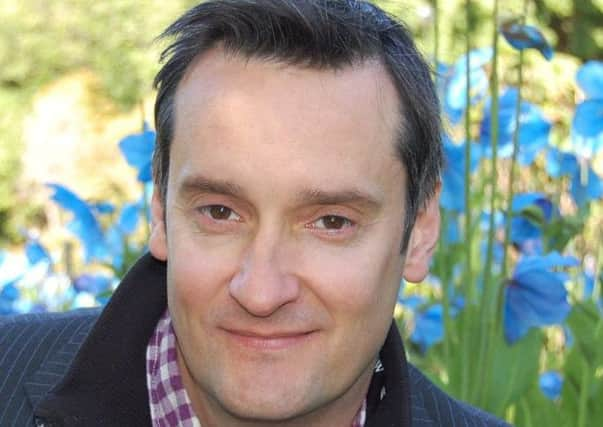Scottish conservationist re-elected to global nature council


Jonathan Hughes, who took over as chief executive of the conservation charity in 2014, was first elected as a councillor for the International Union for the Conservation of Nature (IUCN) in 2012.
His re-election, announced at the IUCN World Conservation Congress in Hawaii, means he will serve a further four years.
Advertisement
Hide AdAdvertisement
Hide AdMr Hughes said: “The world needs a strong union for nature as never before in the 70-year history of IUCN.
“I am honoured and humbled that both government and non-government members of the IUCN across the world chose to re-elect me to serve for a second term on IUCN council.
“At the World Conservation Congress here in Hawaii, attended by over 10,000 delegates, I have heard many inspiring global leaders calling for concerted action to protect species, habitats and ecosystems, including US President Barack Obama, who reminded the Congress that climate change and nature conservation are inextricably linked.
“In the next four years, I look forward to harnessing my position on IUCN council to provide leadership on addressing the critical environmental challenges we face at both global and local levels.
“Scotland, the Scottish Wildlife Trust and the Wildlife Trusts family have much to learn from the world through the IUCN family.
“In turn, the world has much to learn from us.”
Founded in 1948, the IUCN has more than 1,300 government and non-governmental member organisations and some 16,000 experts in its ranks.
It is a leading provider of conservation data, assessments and analysis.